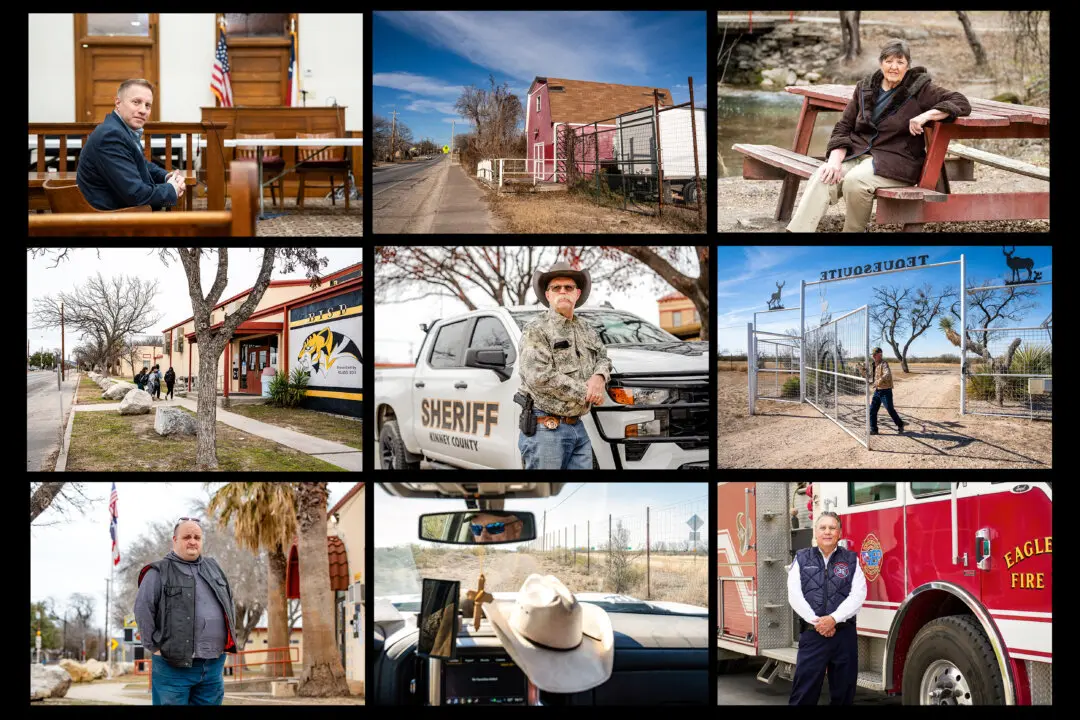The U.S. government has allocated $387 million since 2022 to care for unaccompanied migrant children at a North Carolina school campus that has yet to house a single child.
Illegal immigrant children entering the United States without a parent or guardian have never been placed at the Greensboro campus, which remains unoccupied but operational, according to a government fact sheet updated June 14 and a former employee interviewed by The Epoch Times.





